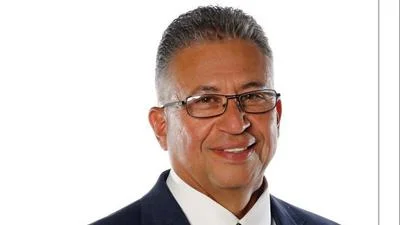The New Mexico Department of Health (DOH) has declared January as Cervical Cancer Awareness Month, providing an opportunity to highlight the significance of screenings in combating this disease. The DOH's Breast and Cervical Cancer Early Detection (BCC) Program offers cervical cancer screening for individuals aged between 21 and 65 years.
According to the United States Preventive Services Task Force, early detection of cervical changes through screening is pivotal for effective treatment before the development of cancer. They recommend specific options for cervical cancer screening based on age groups: individuals aged 21-29 should undergo a Pap test alone every three years, while those aged 30-65 can opt for an HPV test alone every five years with or without a Pap test, or a Pap test alone every three years. This advice is particularly pertinent for New Mexicans, as over 80 individuals are diagnosed with invasive cervical cancer each year, resulting in approximately 27 deaths from cervical cancer, according to a press release by DOH.
"Screening is important because there are usually no signs or symptoms of early cervical cancer, but it can be detected through regular cervical cancer screenings," said Miranda Durham, MD, Chief Medical Officer at DOH. Durham further explained that "according to a study by the American Cancer Society millions of people in the United States missed critical cancer screening tests during the first two years of the COVID-19 pandemic. New Mexicans can do their part to help prevent cervical cancer by scheduling their screening appointment soon."
The BCC Program aims to enhance access to high-quality breast and cervical cancer screening and diagnostic services for underserved individuals. Since its establishment in 1991, the program has benefited over 155,000 individuals by delivering age-appropriate standard-of-care screenings statewide, including mammograms and pap tests. These services are extended to those with low income and limited or no insurance coverage. The program also promotes public awareness through educational initiatives focused on prevention and informed decision-making regarding the benefits and risks of cancer screening, according to the BCC webpage provided by DOH.









